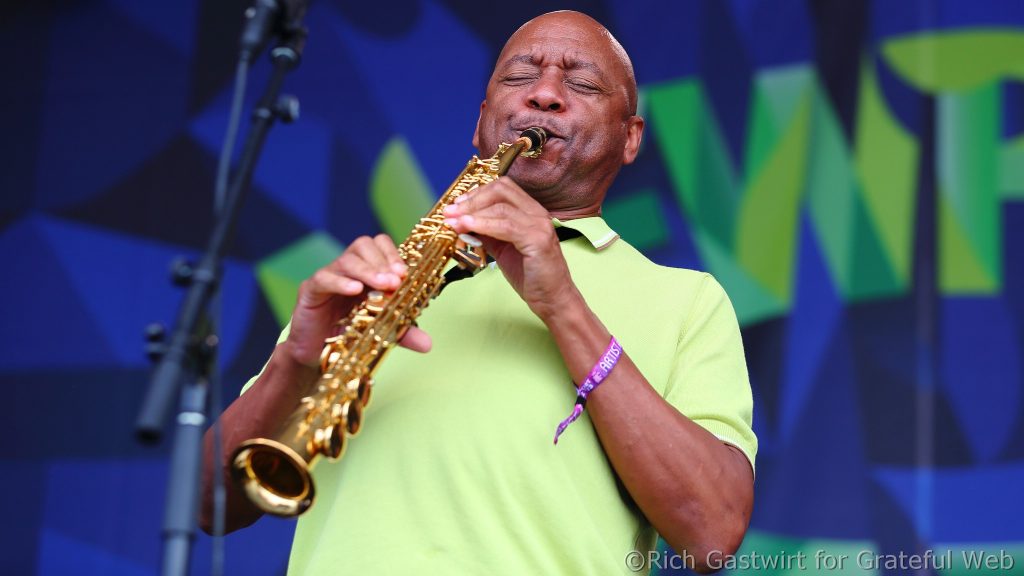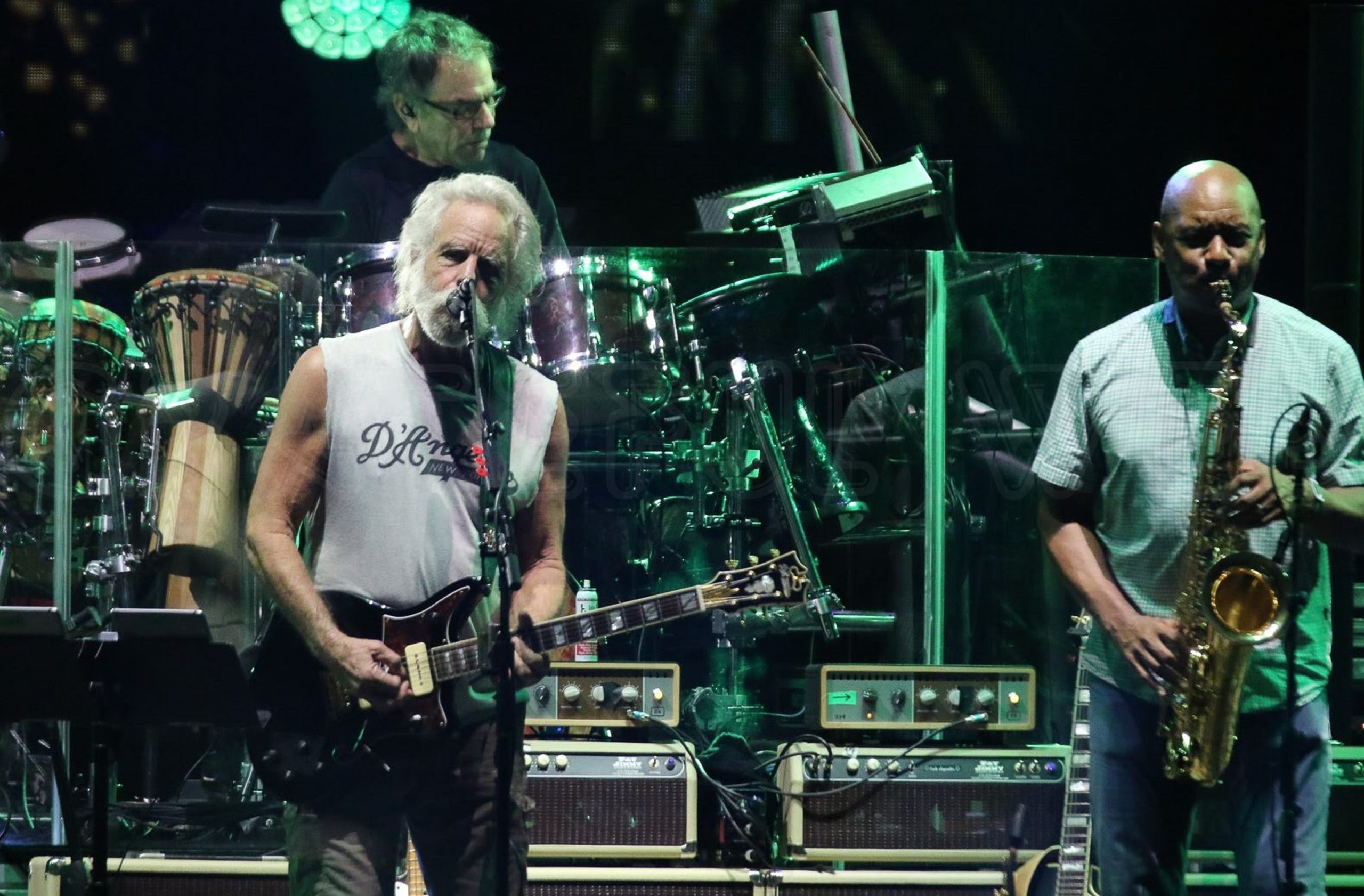Article Contributed by Gratefulweb
Published on 2024-08-26

On this day, August 26th, we gather our thoughts and pay tribute to Branford Marsalis, a master of sonic alchemy, whose notes whisper like wind through the reeds of the saxophone. His playing is a flight of shadows and light, twisting through the mind like the architecture of dreams. Branford’s style moves with fluid grace, a river of jazz and soul, interwoven with the ghostly echoes of those who came before. From his earliest moments, Branford’s hands were cradled by music, the notes pulsing through his veins as if written in the very marrow of his bones. The Marsalis family name itself hums with the rhythm of jazz history—an inheritance of sound, passed down through generations, with Branford standing as one of its brightest beacons.
Branford was born into a world where music was the language of life, his father, Ellis, a jazz pianist of formidable talent, his brothers, Wynton, Delfeayo, and Jason, each carving their own space in the swirling eddies of jazz. Branford’s path led him through the landscapes of television and stage, his sound transcending the confines of genre. He danced between worlds, from his role on The Tonight Show as musical director to crafting his solo work and collaborations that explored the farthest reaches of jazz and classical music.
But perhaps it is his unexpected collision with the Grateful Dead that stands as one of the most mesmerizing chapters in his saga. The scene was March 29th, 1990, Nassau Coliseum, where fate wove together two realms that seemed distant yet found a kinship that night. Branford Marsalis stepped onto the stage with no rehearsals, no blueprints, and yet his saxophone soared, blending seamlessly with the Dead’s cosmic improvisation. “Bird Song” fluttered into the air to close the first set, an ethereal meeting of melody and moment.
As the second set opened, Branford remained, ensnared by the electricity of the night, lending his horn to the swirling, hypnotic rhythms of “Eyes of the World.” The interplay between his sax and Jerry Garcia’s guitar became a thing of beauty, a dance of serpents beneath a glowing moon. The crowd could feel it—the very stars above seemed to tremble with the music they crafted together, a spell that would never fade from memory.
Branford returned to the Dead’s stage four more times, each a pilgrimage to that sacred space where jazz and rock intertwined. New Year’s Eve 1990, a celebration of sound that welcomed the dawn of a new year, and Madison Square Garden in 1991, where the echoes of their earlier magic still lingered. But as the shadows of time stretched long, December of 1993 and 1994 brought performances that lacked the same spark—the wear of years had taken their toll on Garcia, the light that once burned so brightly now dimmed by failing health. Yet even in those later moments, Branford played with a grace that honored the memory of what had been—a reminder of music’s power to transcend the inevitable decay of time.

Marsalis’s legacy is vast, his saxophone a bridge between worlds, his playing imbued with a deep sense of the past and a fearless embrace of the future. His journey alongside the Grateful Dead was a fleeting but unforgettable moment, where his sound became woven into the very fabric of their mythos. Today, we honor Branford Marsalis, not as a figure locked in time, but as a musician ever-moving, ever-growing, his notes a language that speaks to all who listen.